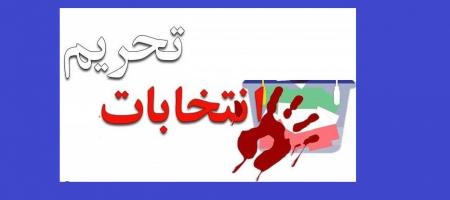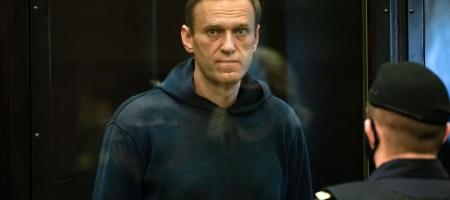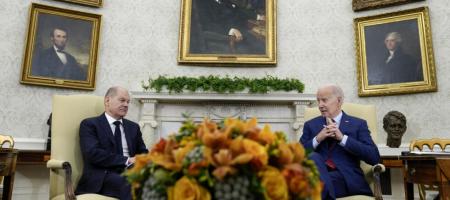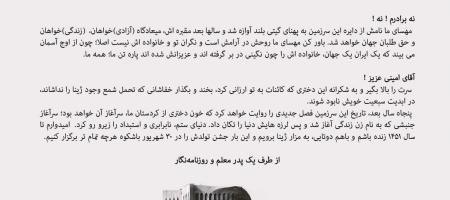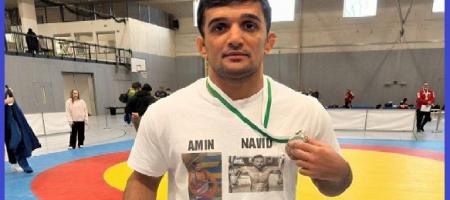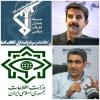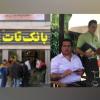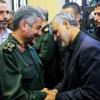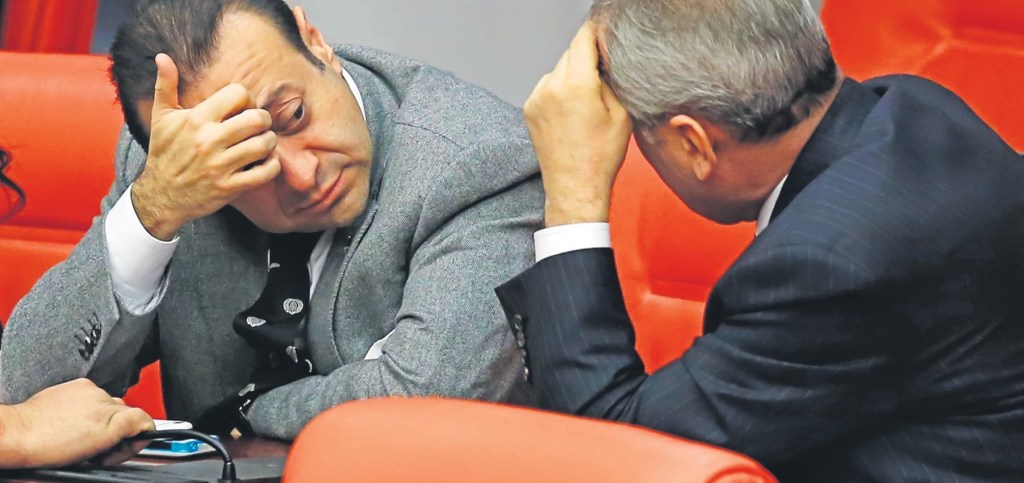
Turkish ambassador in Prague, an accomplice of Iran sanctions buster, may be in hot water despite diplomatic immunity
The diplomatic immunity provided by the Czech government for a corrupt Turkish politician who helped circumvent Iran sanctions in violation of US law may not be enough to protect him, the accomplice of a sanctions buster, from the long arm of the US justice system.
Although Czechia has granted agrément for the selection of Egemen Bağış, a Turkish politician who faced multi-million dollar graft probes in the Turkish Parliament, as the Turkish ambassador in Prague, the diplomatic immunity, which does not cover activities outside his official capacity, could not save him in the event US authorities decide to pursue charges against him for facilitating an illicit financing scheme for an Iranian gold trader.
Bağış’s crucial role in assisting the Iranian businessman to evade US sanctions was exposed both in December 2013 graft probes in Turkey as well in a 2016 US federal court case in New York. He took one-and-a-half-million dollars in cash as a bribe for helping the sanctions buster use Turkish banks to move funds, assisting a family member to obtain a Schengen visa and fixing his problems by abusing government authority.
Since the indictment of a former Turkish minister and current and former state lender Halkbank managers by the US District Attorney’s Office for the Southern District of New York over Iran sanctions violations, Bağış has shied away from traveling to the US and other countries where he might face extradition. He limited his travels to a few countries while accompanying Turkish President Recep Tayyip Erdoğan when he was assured of no legal troubles. The rumor in Ankara circles has it that he was terrified of being detained and whisked away to the US to stand trial on federal charges.
The Turkish government might have considered that his diplomatic immunity could exempt him from US judicial procedures. But Article 31 of the Vienna Convention on Diplomatic Relations underlines the fact that diplomats enjoy immunity only from “the criminal jurisdiction of the receiving State.” Furthermore, immunity does not apply to actions “relating to any professional or commercial activity exercised by the diplomatic agent in the receiving State outside his official functions” in accordance with Article 31 (c).
The summary of proceedings against Bağış shows how he had received cash in bribes through a courier and talked to main suspect Reza Zarrab over the phone about how to abuse his government authority to help evade Iran sanctions:
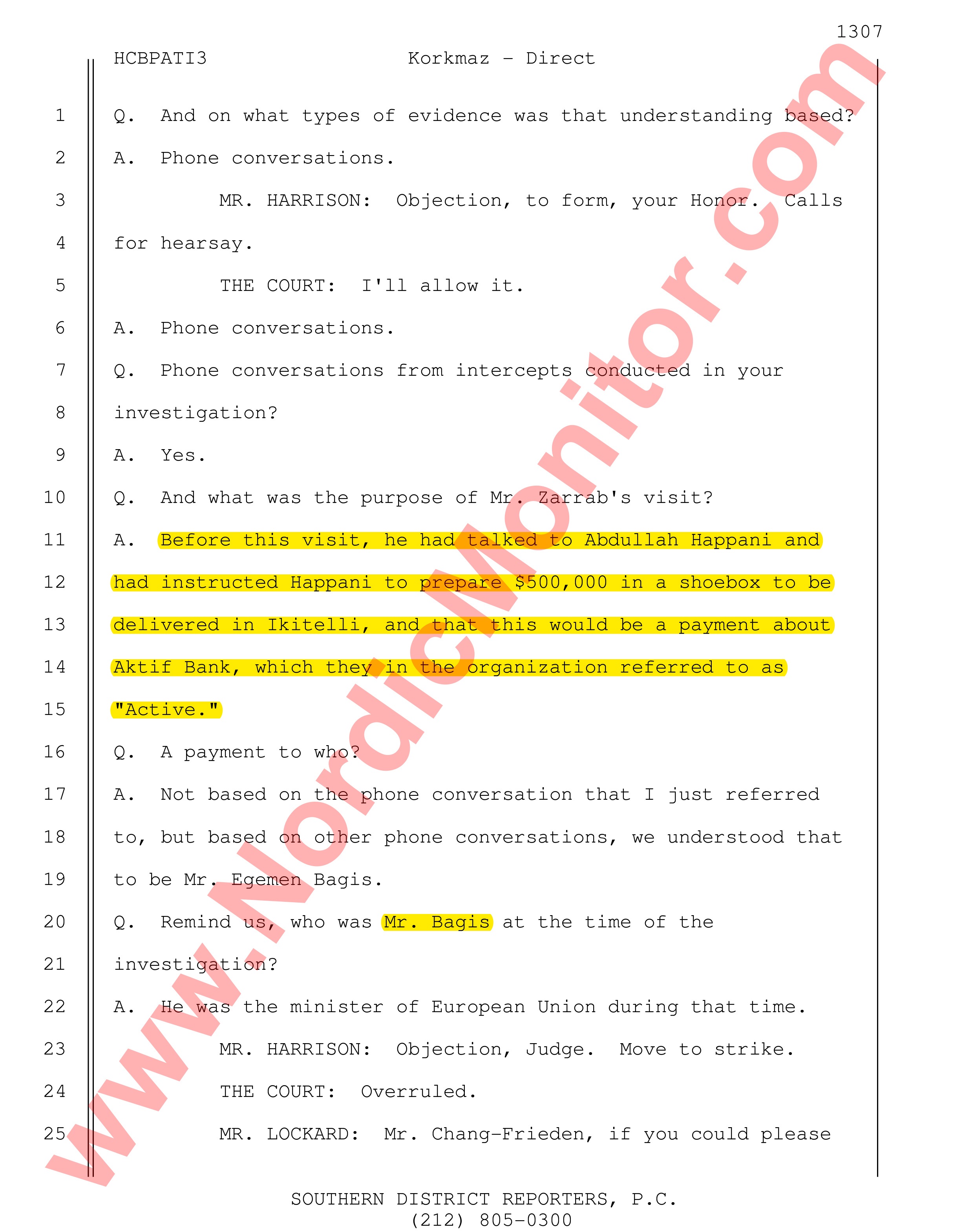
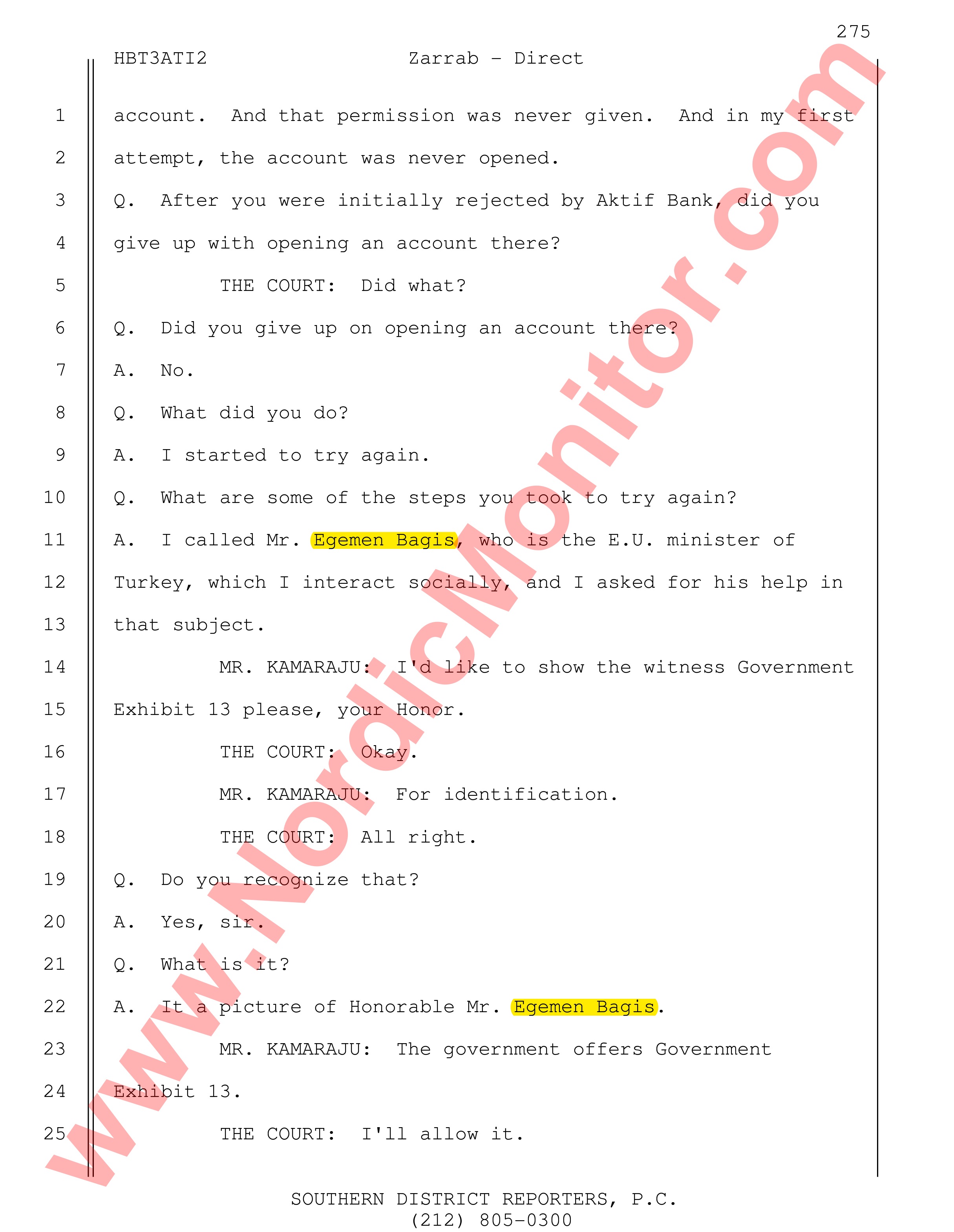
Moreover, Bağış’s diplomatic immunity in Czechia will not exempt him from the jurisdiction of third countries such as the US. The convention also does not prevent Czech prosecutors from shedding light on the activities of Bağış in Czechia as indicated in Article 31. According to some experts, Bağış could be the first Turkish ambassador arrested on foreign soil.
The government of President Erdoğan previously sent Czehia a request for agrément for Bağış as Turkey’s new ambassador in Prague, but consent by Czech authorities did not come until Czech Prime Minister Andrej Babiš paid an official visit to Turkey on September 2-4, 2019. Bağış was part of the Turkish delegation that welcomed Babiš on September 3 at Erdoğan’s lavish palace. Bağış also accompanied the Czech prime minister during his program in İstanbul on September 4. The latest posts from Bağış’s Twitter account revealed that the Czech government had provided agrément for Erdoğan’s corrupt former minister.
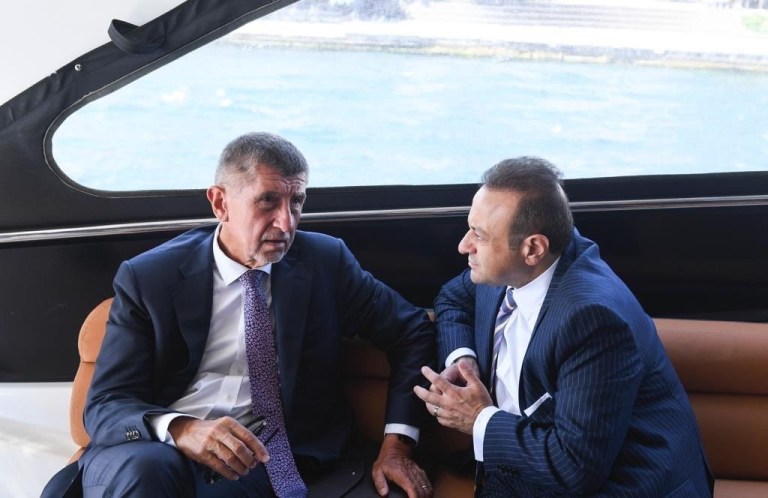
Prime Minister Babiš and Bağış (R) took a boat tour on the Bosporus.
In addition to his previous official position as Turkey’s EU minister and chief negotiator for EU accession, Bağış has played a significant role in Erdoğan’s corruption and bribery network. He is a political appointee, and his job description includes representing this corrupt system in Europe and facilitating the Erdoğan family’s offshore businesses with the help of diplomatic immunity.
Bağış was one of four ministers forced to resign on December 25, 2013 after the revelation of two corruption investigations on December 17 and 25, 2013 in which the inner circle of then-Prime Minister and current President Erdoğan were implicated. He was accused of accepting bribes from Reza Zarrab, an Iranian money launderer, in a sanctions-busting scheme run through Turkish state-owned Halkbank to circumvent US sanctions on Iran. He received $1.5 million from Zarrab. Bağış helped Zarrab evade the bureaucracy in his dealings and assisted in Zarrab’s father acquiring a Schengen visa from the Italian Embassy in Ankara.
Wiretapped phone conversations revealed that Bağış also offered to help Zarrab with a hotel project. In return, Zarrab sent a total of $1.5 million to Bağış in three separate deliveries. The first sum was delivered to the EU minister in a shoebox, the second in a man’s suit and the third in a box of chocolates. Regarding Bağış, Zarrab was recorded as saying: “Get a nice gift box of chocolates and a silver plate tomorrow. Get another box of chocolates and put 500,000 in it. Okay? Sadık [the name of another Turkish man working for Zarrab] knows [the address] — some place around İstinye [a neighborhood in İstanbul]. It is to be delivered to “E.” We have made deliveries [to this place] in the 500s [banknote denomination] before.” The man was then caught on video on October 10 at the entrance of the apartment building in which Bağış lived in İstanbul. Bağış, who was not home at the time, allegedly thanked Zarrab over the phone for the delivery when he returned to İstanbul.
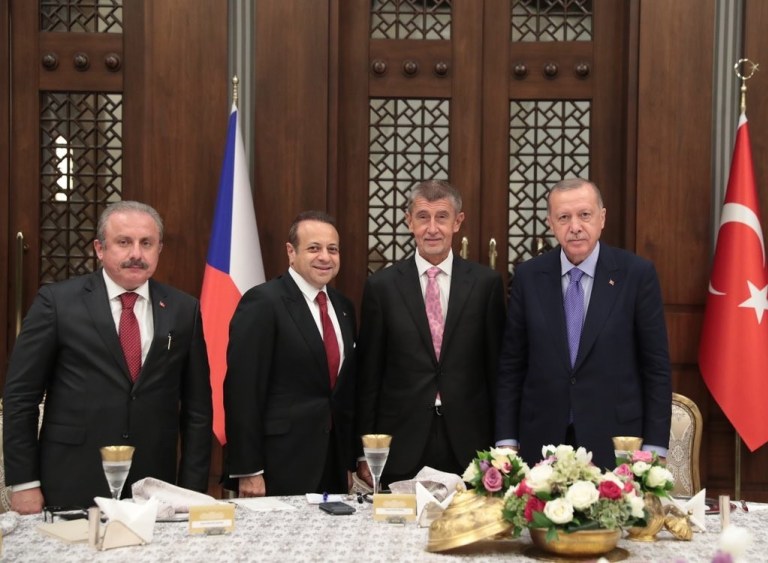
From left: Turkish Parliament Speaker Mustafa Sentop, Egemen Bağış, Babiš and Erdoğan.
Erdoğan dismissed the corruption allegations, sacked the prosecutors and police chiefs and hushed up the graft probes. He also described the investigations as “a plot by the Gülen movement to topple the government” and launched a crackdown on the group. The movement, led by US-based Turkish Muslim scholar Fethullah Gülen, has long been critical of the Erdoğan government due to its corruption and Ankara’s aiding and abetting of radical jihadist groups in Syria and Libya.
In Turkey, Bağış and other officials were cleared of any crime in a parliamentary vote in 2014. Everything went well for him until Zarrab, the Iranian national and sanctions buster, was arrested by the FBI in Miami on March 19, 2016. The US Attorney’s Office for the Southern District of New York indicted Zarrab on charges similar to those filed by Turkish investigators in the December 2013 investigations. As part of their case the US attorneys used Turkish evidence to build a case against Zarrab. In his testimony Zarrab, turned into a government witness after cutting a plea deal, confessed that he had bribed Bağış and other ministers, set up a money laundering scheme, opened fake accounts in Turkish state banks and established front companies.
While investigating money laundering related to a drug trafficking case in 2008, Turkish police inadvertently came across Zarrab. Investigators found that drug traffickers used a currency exchange office co-owned by Zarrab in Istanbul’s Grand Bazaar. After focusing on Zarrab and those linked to him, investigators uncovered shocking details in the investigation, which continued until the fall of 2013: Zarrab contacted high-level Turkish politicians, bribing them with large sums of money in exchange for directing Turkish bank officials to allow oil-for-food transactions. He then opened fake accounts, established front companies and began fictitious trade deals between Turkey and Dubai and Iran. Zarrab was accused of selling gold to Iran in return for oil proceeds in Turkey.
Based on that evidence, the police raided the homes of suspects in the early hours of December 17. According to wiretaps leaked on YouTube, then-Prime Minister Erdogan called his son on December 17 and gave instructions to move a huge amount of cash out of his house in Istanbul.
In the US court, Zarrab also explained that he continued the money laundering operation after the December 17 and 25 scandals, pointing out that President Erdogan gave his approval to do so in June 2014.

